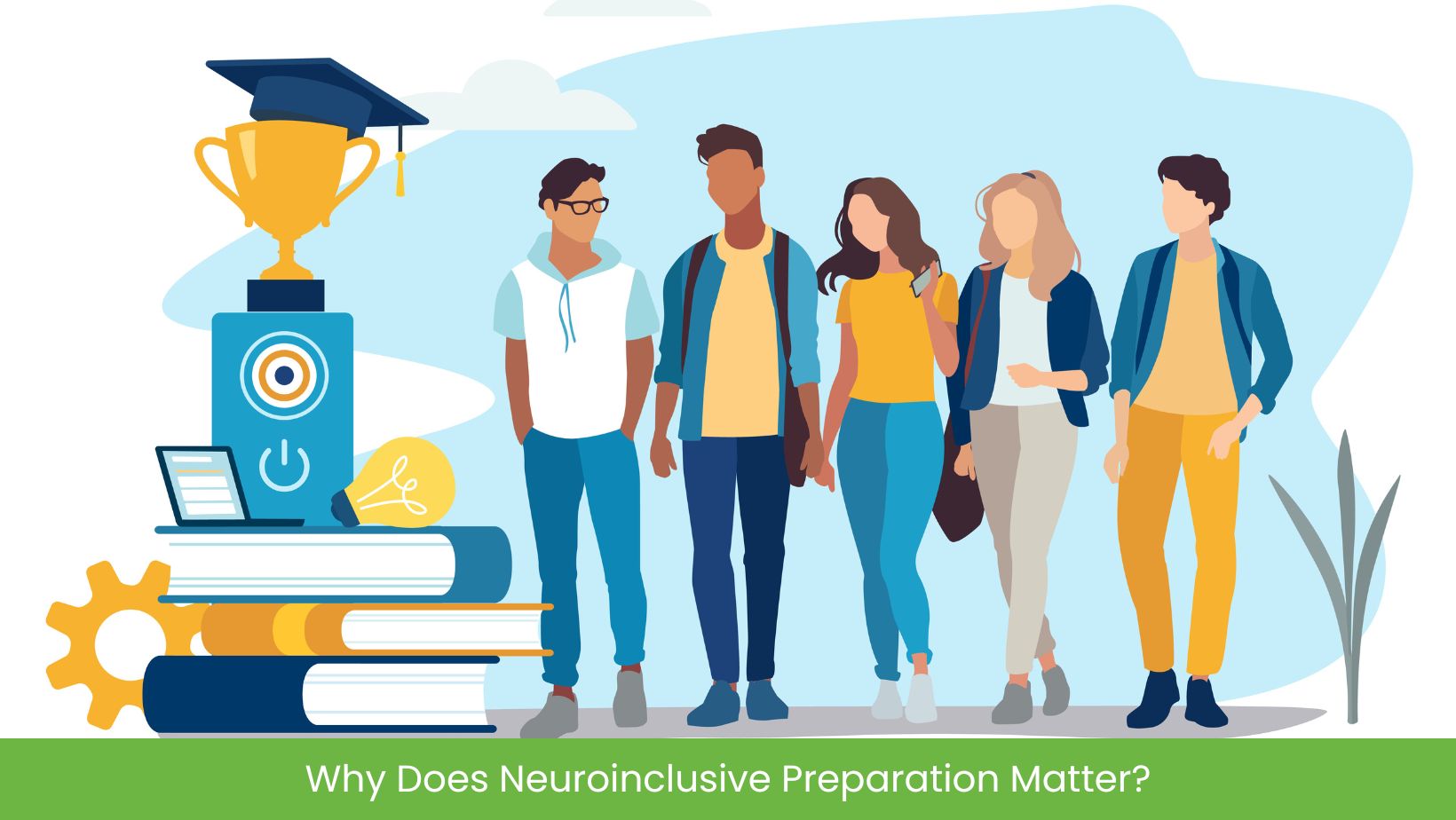The summer holiday often conjures images of long days, family trips, and a break from routine—but for students with learning differences, those months can offer something even more powerful: the opportunity to build academic skills, confidence, and independence in a supportive, low-pressure environment. At Evoke Learning, we believe summer isn’t just a pause in the academic year—it’s a prime opportunity to accelerate progress and set the stage for future success. For students with ADHD, ASD, learning disabilities, or giftedness, summer can be a superpower.
Why Summer Learning Matters
The reality is sobering: Provincial and federal data show that many Canadian students struggle academically. Assessments consistently reveal that large numbers are entering high school or postsecondary education without mastering fundamental skills in reading, writing, and math. These deficiencies often extend to other vital areas such as critical thinking, analysis, communication, time management, and test-taking.
In February 2022, the Ontario Human Rights Commission released its Right to Read public inquiry report on human rights issues affecting students with reading disabilities. The inquiry determined that despite their importance, foundational word-reading skills have not been effectively targeted in Ontario’s education system. They have been largely overlooked in favour of an almost exclusive focus on contextual word-reading strategies and on socio-cultural perspectives on literacy. The report indicated that students who don’t develop strong early reading skills can quickly begin to experience negative academic consequences, which may only get worse.
Consequently, Ontario has moved away from a “whole language” teaching philosophy and has begun to reintroduce phonics-based instruction, supported by evidence from “the science of reading.”
For students who were beyond the primary grades, this change came too late. They either struggled to read without receiving any kind of research-informed intervention to remediate their deficits (and were identified with a learning disability) and still struggle today, or they tried to learn how to read on their own, using other strengths such as working memory, analytical and problem-solving skills, vocabulary, inferencing abilities, and pattern recognition.
Writing is also a complex task and combines many language skills, from phonemic awareness and handwriting to idea creation, planning, organization, and critical thinking. Despite their intelligence, students with dysgraphia, executive function deficits, processing speed issues, attention problems, or learning disabilities in written expression can experience significant difficulty with writing. Research shows that targeted strategy instruction and the use of assistive technology can improve writing performance and self-confidence, especially when writing skills are taught explicitly (Graham & Harris, 2005). Such strategies can improve the writing skills of students with learning disabilities and are equally effective for individuals who just need extra help.
In September 2024, Ontario released the provincial results of the EQAO assessments. Only 50% of Grade 6 students met or exceeded the provincial standard in math and only 54% of Grade 9 students scored at or above the standard. These figures have not changed from the previous year of testing. The low numbers are also reflected on international student assessments where Canadian high school students’ math scores have been falling over time.
For students with cognitive differences—those who experience difficulties with auditory or visual processing, memory, self-regulation, and processing speed—these challenges can feel overwhelming. Many of these students find the traditional classroom environment stressful and frustrating, leading to a sense of isolation, low self-esteem, anxiety, or even depression.
But summer learning can disrupt this cycle.
A Personalized Approach that Works
At Evoke, we specialize in helping students with learning differences thrive by providing personalized, evidence-based summer instruction. Our approach is built on regular and high-dosage tutoring, recognized as one of the most effective academic interventions when delivered consistently—ideally three or more times per week—and aligned with curriculum goals.
Summer provides a unique opportunity for this kind of targeted support. Without the pressure of a full school workload, students are better able to focus, absorb, and apply what they learn. Whether your child is preparing for a transition to high school or a postsecondary institution, struggling with foundational skills, or aiming to stay on track, our flexible programming can meet them where they are and help them get to where they need to be.
What Makes Our Summer Programs Effective
Evoke’s summer offerings are designed to give students the time, instruction, and practice they need to close learning gaps. Our academic strategists and tutors are experts in working with neurodiverse students and tailor every session to fit individual learning profiles.
Here’s how we help:
- Curriculum Reinforcement: We ensure students understand key concepts in math, literacy, and science, boosting their confidence and helping them meet grade-level expectations.
- Remediation and Skill Building: For students behind in reading, writing, or math, we focus on the root causes of difficulty and use proven strategies to improve competency and independence.
- Transition Preparation: We support students moving into new academic environments—whether high school, college, or university—by strengthening core skills and addressing executive function challenges.
- Support for Online and Summer School Courses: Our tutors keep students on track with assignments and exams, especially those enrolled in summer credit courses.
Executive Function Skills: The Secret Ingredient
Many students with learning differences also struggle with executive function skills—the mental processes that help us plan, focus attention, remember instructions, and manage multiple tasks. Summer is an ideal time to develop these skills.
Evoke’s executive function training focuses on:
- Study and research techniques
- Effective note-taking strategies
- Time management and organization
- Understanding procrastination and building motivation
- Test preparation and exam-writing strategies
By learning how to learn, students not only improve academic performance but also build confidence, independence, and resilience—traits that carry over into every aspect of life.
Flexibility that Fits Your Schedule
We understand that summer is also a time for family, relaxation, and travel. That’s why our summer programs are designed with flexibility in mind. Whether you’re away at the cottage or traveling, we offer virtual sessions and customizable schedules to make learning fit seamlessly into your plans.
The Takeaway: Make Summer Count
Students with learning disabilities face unique challenges, but with the right support, they can achieve significant growth. Summer instruction is more than just academic remediation—it’s an opportunity to equip your child with the tools to succeed academically and emotionally.
So—could summer be the edge they need? Contact us at [email protected] to learn more or visit www.evokelearning.ca/summer-programs/.



